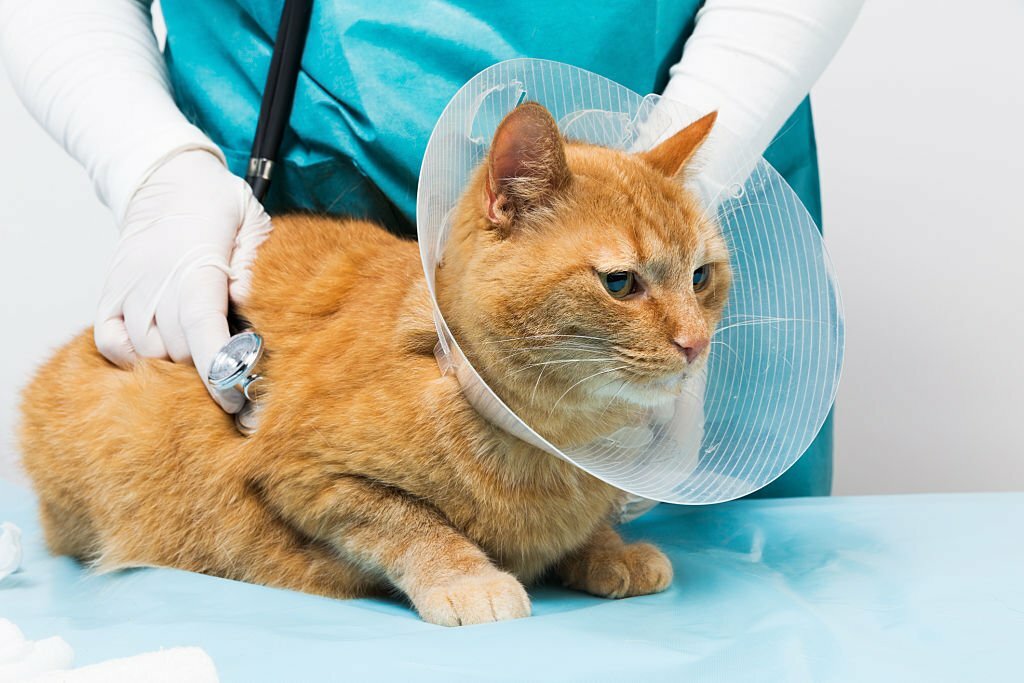Advertisements
A Health Savings Account (HSA) is a tax-advantaged savings account that can be used to assist people pay for medical bills. Many consumers are not sure whether they can use their HSA to pay for their pet’s medical expenses. The quick answer is that it depends on the situation.
Pets are not eligible for tax-free FSA or HSA spending, according to Lifehacker. There are, however, certain exceptions. Emotional support or service animals may be eligible for HSA or FSA funds. Furthermore, if a pet suffers from a medical condition that is also a human medical condition, such as diabetes, the owner may be eligible to utilize their HSA to cover the pet’s medical expenses.
Understanding Health Savings Accounts
A Health Savings Account (HSA) is a type of account that allows people to save pre-tax money for eligible medical bills. Individuals with a high-deductible health plan (HDHP) are the only ones who can use an HSA. An HSA account’s funds can be used to pay for eligible medical expenses for the account holder, their spouse, and their dependents.
HSAs differ from FSAs in that the funds in an HSA account roll over from year to year, whereas the funds in an FSA account must be spent before the end of the plan year. In addition, because HSAs are portable, the account holder can take their HSA account with them if they move employment or retire.
Advertisements
It should be noted that funds in an HSA account can only be utilized to pay for eligible medical expenses. These fees include deductibles, copayments, and coinsurance, as well as medical, dental, and vision care expenses. On their website, the IRS gives a list of eligible medical expenses.
Can You Use Health Savings Account for Pets?
A Health Savings Account (HSA) is a type of account that allows people to save for and pay for their medical expenses. Can you, however, use an Health Saving Account for your pets? The short answer is no, but there are a few exceptions.
Generally, pets are not eligible for tax-free FSA or HSA spending. However, if you have an emotional support or service animal, you may be eligible to utilize HSA funds to cover the animal’s purchase, training, and upkeep costs. Emotional support or service animals, according to Lifehacker, may be eligible for HSA funds.
If you need a service animal due to a handicap, you can utilize HSA funds to pay for the animal’s expenditures. According to GoodRx, HSA funds can be used to cover the costs of purchasing, training, and maintaining a service animal.
Pet Health Savings Accounts (PHSAs) are a great way for pet owners to protect their beloved friends without breaking the bank. HSAs are tax-advantaged accounts that allow pet owners to save money each year for veterinary care, emergency services, or preventative care. HSAs are an excellent alternative to pet insurance, especially for individuals who desire more control over their pet’s healthcare.
Alternatives for Pet Health Expenses
Pet Insurance
The purchase of pet insurance, which can assist in covering unforeseen veterinary expenditures, is one alternative. Typically, pet insurance programs reimburse a portion of the cost of approved veterinary expenses. Routine care, including immunizations and check-ups, may also be covered by some plans.
Pet Savings Accounts
Another alternative is to open a separate savings account for pet medical expenses. This helps to ensure that money is available when needed while also earning interest over time. Some banks and credit unions even provide dedicated savings accounts for pet expenses.
Financing Options
Financing options like payment plans or medical credit cards might be available for greater veterinarian expenses. With these choices, pet owners can spread out the cost of veterinarian care as opposed to paying it all at once. Before committing, it’s crucial to carefully evaluate the conditions and interest rates related to these financing options.
Service Animal Expenses
HSA funds can be used to pay for costs related to a service animal, but they cannot be used for routine veterinarian expenses. This can cover the price of getting a service animal, training it, and keeping it.
10 Reasons Why Breakfast is Not Important

Financial Implications
Tax Benefits
The tax advantages are among the key advantages of funding pet expenses with an HSA. Since contributions to an HSA are tax-deductible, they reduce the amount of money that is taxable for the contributor. Additionally, withdrawals from an HSA for approved medical costs are tax-free, and contributions to the account grow tax-free as well. Tax savings can be substantial for pet owners as a result. It’s crucial to remember that not all costs associated with pets qualify as eligible medical expenses. Therefore, a pet owner may be able to use their HSA to pay for specific costs if their animal is a service animal.
Potential Penalties
Although there are tax advantages to funding pet expenses through an HSA, there may also be penalties to take into account. Pet owners risk fines if they use their HSA to pay for unapproved medical bills. Pals with Pets states that “HSA funds cannot be used for non-medical expenses without penalties.”
It’s crucial that pet owners carefully consider if it makes more financial sense for them to use their HSA for pet expenses. They should confirm that the costs they intend to pay with their HSA are authorized medical costs, and they should be informed of the possible consequences of using their HSA for unapproved costs.
Conclusion
Pet-related expenses can be paid for out of a Health Savings Account (HSA). It’s crucial to remember that HSA funds can be used to pay for expenses related to a service animal but cannot be used for routine veterinarian bills.
Owners of pets should speak with their HSA provider to find out whether costs are covered by their plan. To guarantee appropriate evidence for reimbursement, it is also advised to maintain thorough records of all pet-related medical expenses, including invoices and receipts.
Pet owners should also think about other options, such as pet insurance or pet health savings accounts (PHSAs), in addition to HSAs. While PHSAs and HSAs are comparable, PHSAs are designed only for expenses related to pets.
